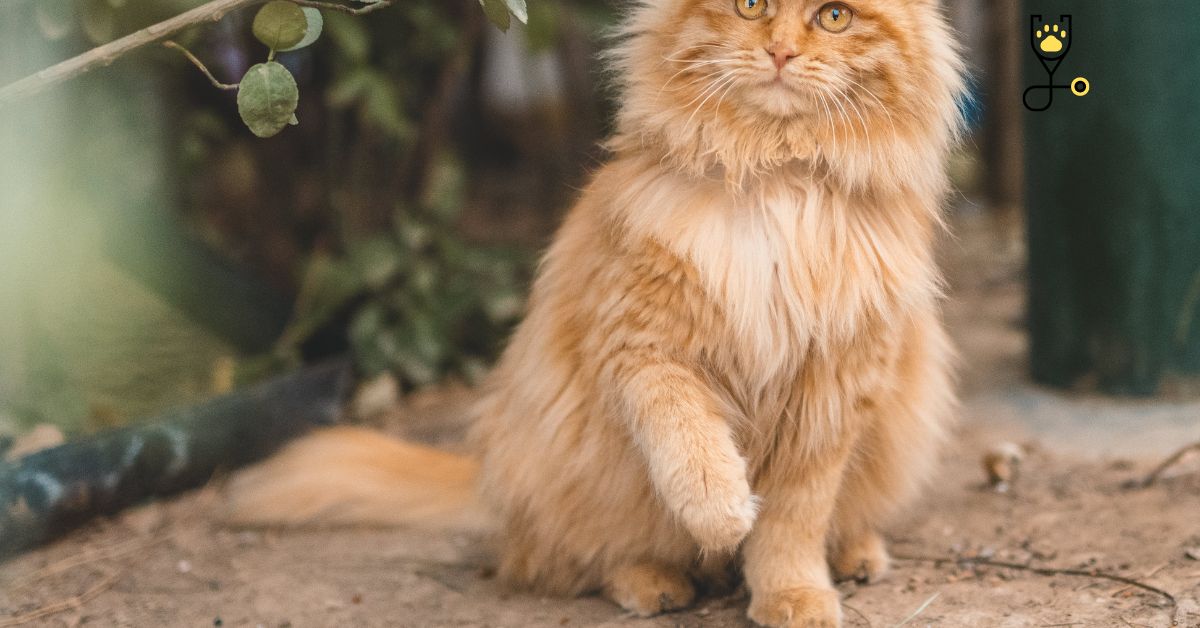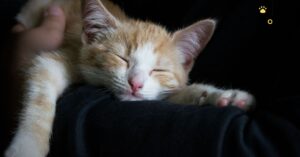Dirt eating in cats can be a sign of many different things, some more serious than others. In this blog post, we’ll outline twelve different ways to help stop your cat from eating dirt. While not all of these methods may work for every cat, they’re worth trying if you’ve noticed your kitty’s dirty little secret. From changing their diet to adding moisture to their environment, read on for twelve tips that just might help keep your cat healthy and dirt-free!
1. Change Their Diet
If your cat is eating dirt because they’re not getting enough nutrients in their diet, then it’s time to make a change. Talk to your veterinarian about the best way to do this, as they can recommend a food that will meet all of your cat’s nutritional needs.
2. Add More Moisture to Their Environment
One reason cats may eat dirt is because they’re looking for moisture. If your kitty’s environment is too dry, try adding a humidifier or misting them with water from a spray bottle during the day. You can also try giving them wet food or treats instead of dry ones.
3. Provide Plenty of stimulation
If your cat is bored, they may start eating dirt as a way to pass the time. Be sure to provide them with plenty of toys and playtime so they don’t get bored and turn to unhealthy habits.
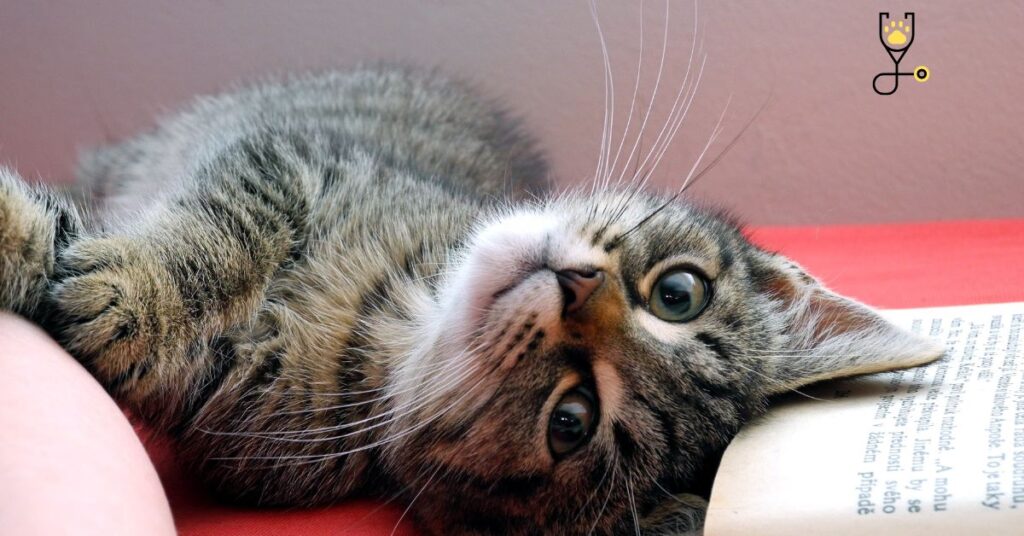
4. Get Them Outside More
Cats love the outdoors, so if your kitty is an indoor-only cat, they may be eating dirt because they’re missing out on all the fun. Try taking them for walks on a leash or letting them spend some time in a secure outdoor enclosure.
5. Check for Parasites
If your cat is eating dirt and seems under the weather, it could be a sign that they have parasites. A trip to the vet can confirm whether or not this is the case, and if it is, they can prescribe the appropriate treatment.
6. Watch Their Weight
If your cat is overweight, they may be eating dirt as a way to make up for missing out on nutrients. Work with your vet to create a weight loss plan for your cat so they can reach a healthy weight and get the nutrition they need.
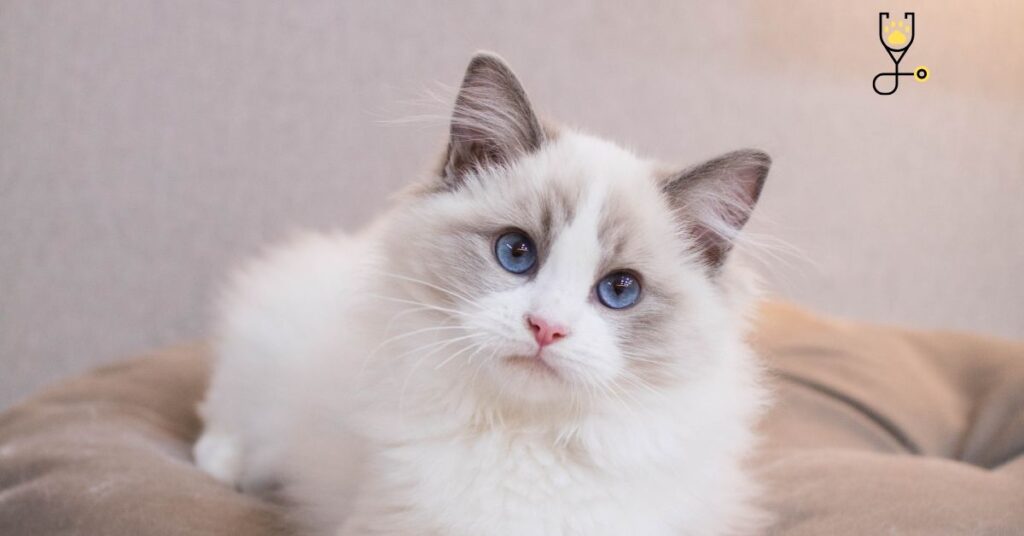
7. Change Their Litter
If your cat doesn’t like their litter, they may start eating dirt instead. Try changing to a different type of litter or litter box and see if that makes a difference.
8. Check Their Teeth
Cats can sometimes eat dirt because they’re trying to relieve pain from dental issues. If you think this might be the case, take them to the vet for a check-up and to get their teeth cleaned if necessary.
9. Reduce Their Stress
If your cat is stressed, they may start eating dirt as a way to cope. Try to identify what’s causing them stress and remove it from their environment if possible. You can also ask your vet about anti-anxiety medications that may help.
10. Consider Their Overall Health
If your cat is sick or has a medical condition, they may start eating dirt as a way to self-medicate. A trip to the vet can determine if this is the case and get them started on the appropriate treatment.
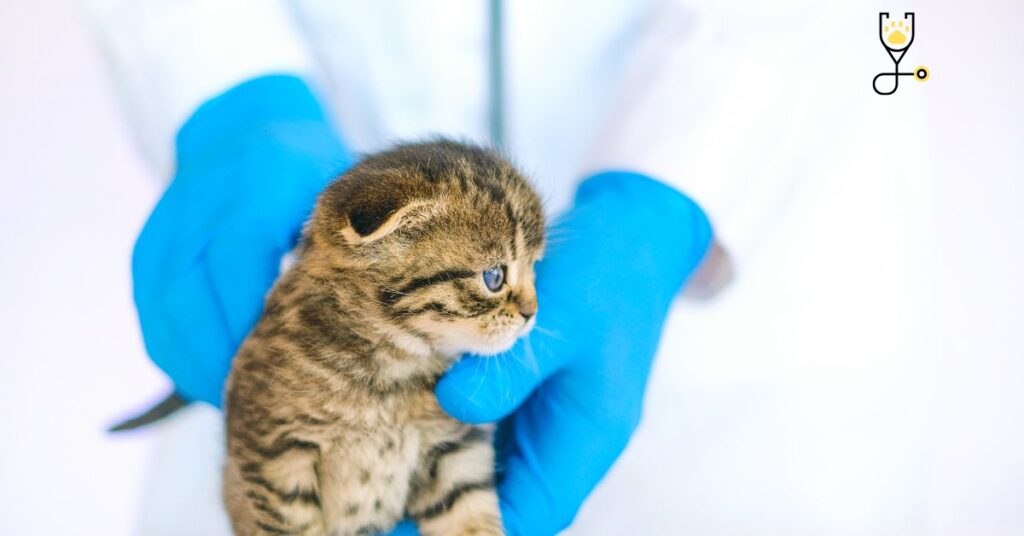
11. Ruled Out All Other Possibilities?
If you’ve tried all of the above and your cat is still eating dirt, it’s time to consult with a veterinary behaviorist. They can help you figure out why your cat is doing this and provide guidance on how to stop it.
12. Get Help From a Professional
If you’re struggling to stop your cat from eating dirt, don’t hesitate to seek help from a professional. A veterinary behaviorist or certified applied animal behaviorist can work with you to create a behavior modification plan tailored specifically for your cat.
We hope this blog post has helped you learn more about why cats eat dirt and how you can stop it. Remember, if you’re ever concerned about your cat’s health or behavior, be sure to consult with a vet or professional behaviorist.
Conclusion
If your cat is eating dirt, there could be a number of reasons why. Try to rule out any medical causes first and then work on addressing any behavioral or environmental factors that may be contributing to the problem. With a little patience and effort, you should be able to get your kitty back on the right track. Thanks for reading!
Frequently Asked Questions
1.Why do cats eat dirt?
There could be a number of reasons why your cat is eating dirt. It could be a medical issue, a behavioral issue, or an environmental issue. Try to rule out any medical causes first and then work on addressing any behavioral or environmental factors that may be contributing to the problem.
2.How can I stop my cat from eating dirt?
There are a few things you can try to stop your cat from eating dirt. First, make sure they’re getting enough nutrients and that their weight is healthy. You can also try changing their litter or providing them with more opportunities to go outside. If all else fails, consult with a veterinarian or professional behaviorist for help.
3.Is it harmful if my cat eats dirt?
It’s not usually harmful if your cat eats a small amount of dirt. However, if they’re eating large amounts of dirt or seem to be under the weather, it could be a sign of a bigger problem. In these cases, it’s best to consult with a vet to rule out any medical issues.
4.Do all cats eat dirt?
No, not all cats eat dirt. Some cats may do it more than others, but there’s no definitive answer as to why some cats eat dirt and others don’t. If your cat is eating dirt, there could be a number of reasons why. Try to rule out any medical causes first and then work on addressing any behavioral or environmental factors that may be contributing to the problem.
5.Can I give my cat dirt to eat?
It’s not recommended that you give your cat dirt to eat. If they’re eating dirt, it could be a sign of a bigger problem. In these cases, it’s best to consult with a vet to rule out any medical issues. Thanks for reading!

